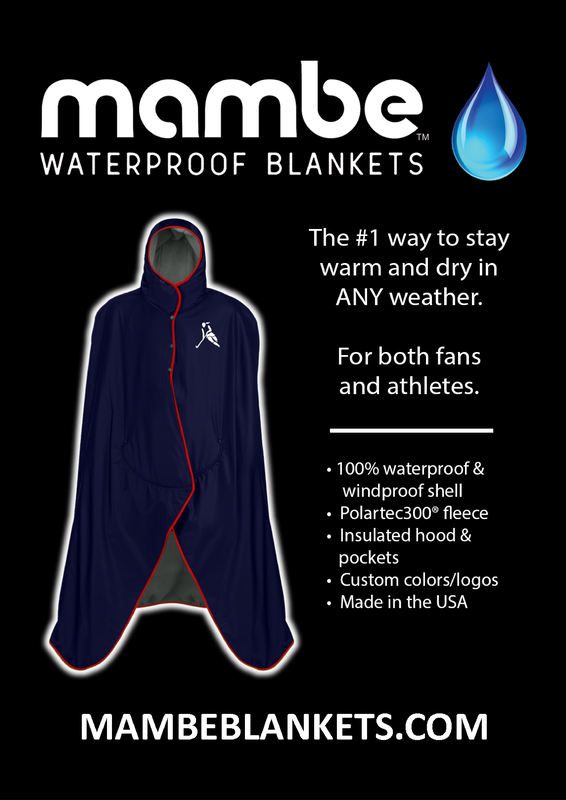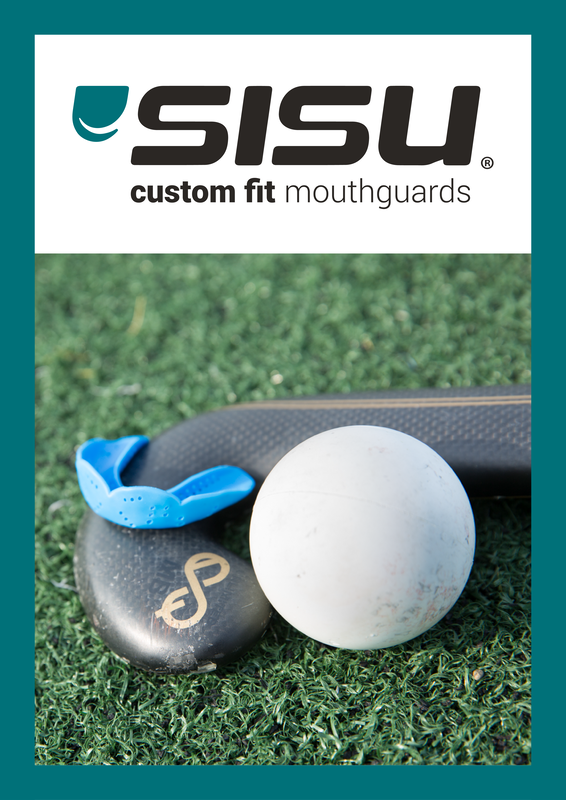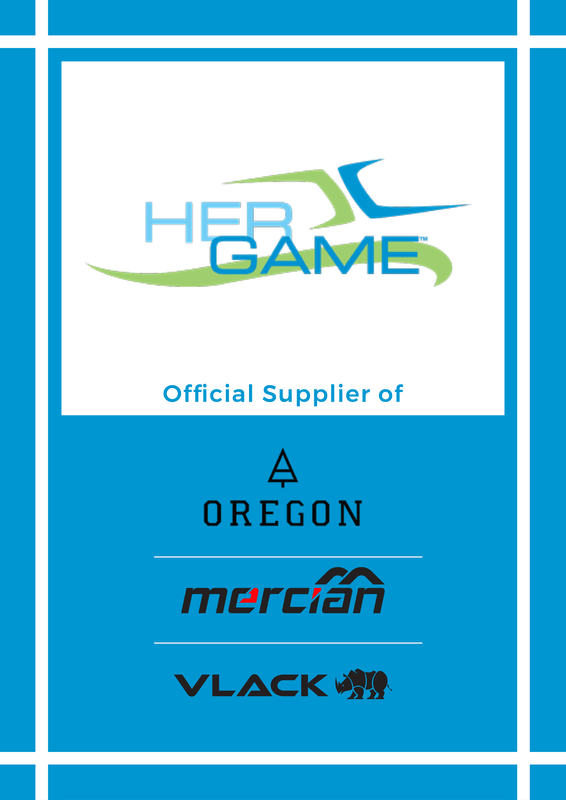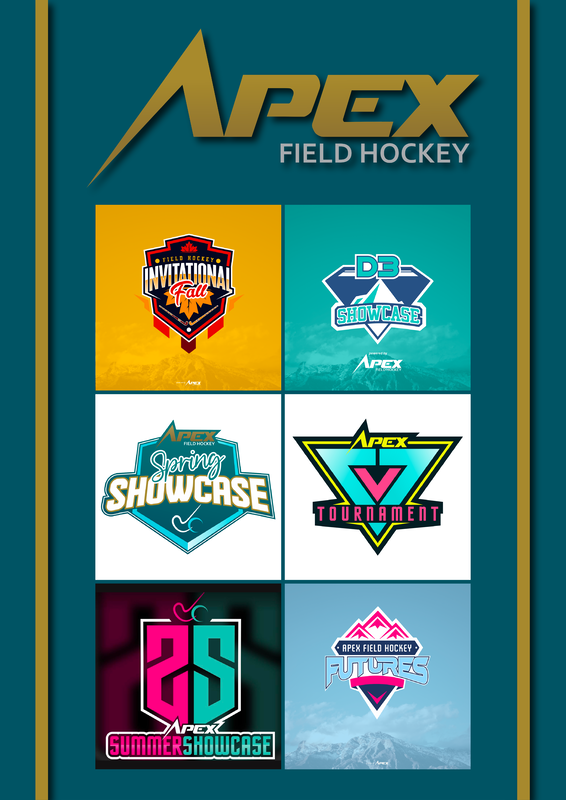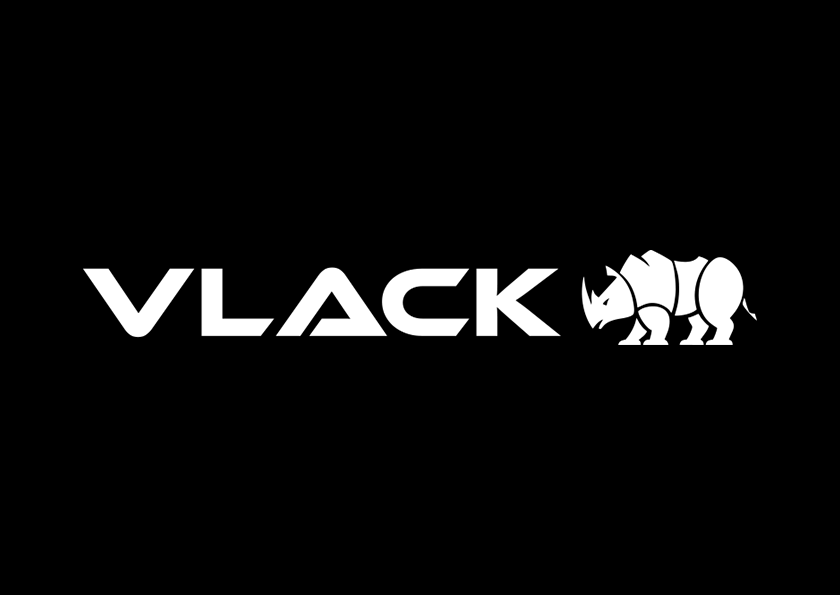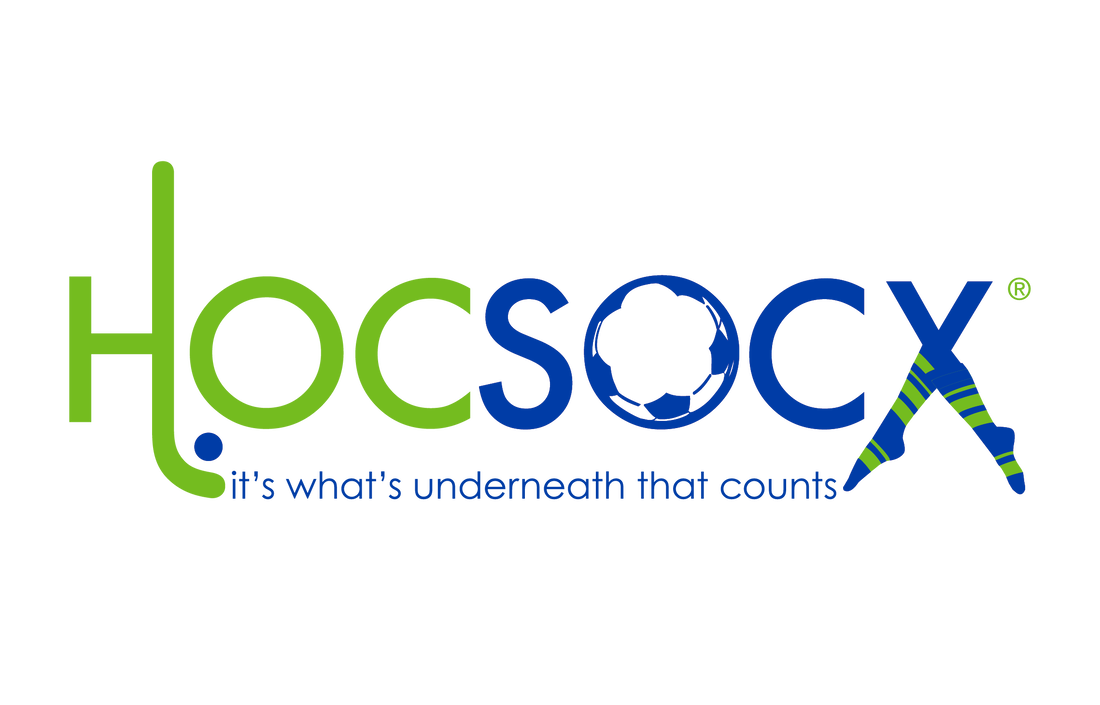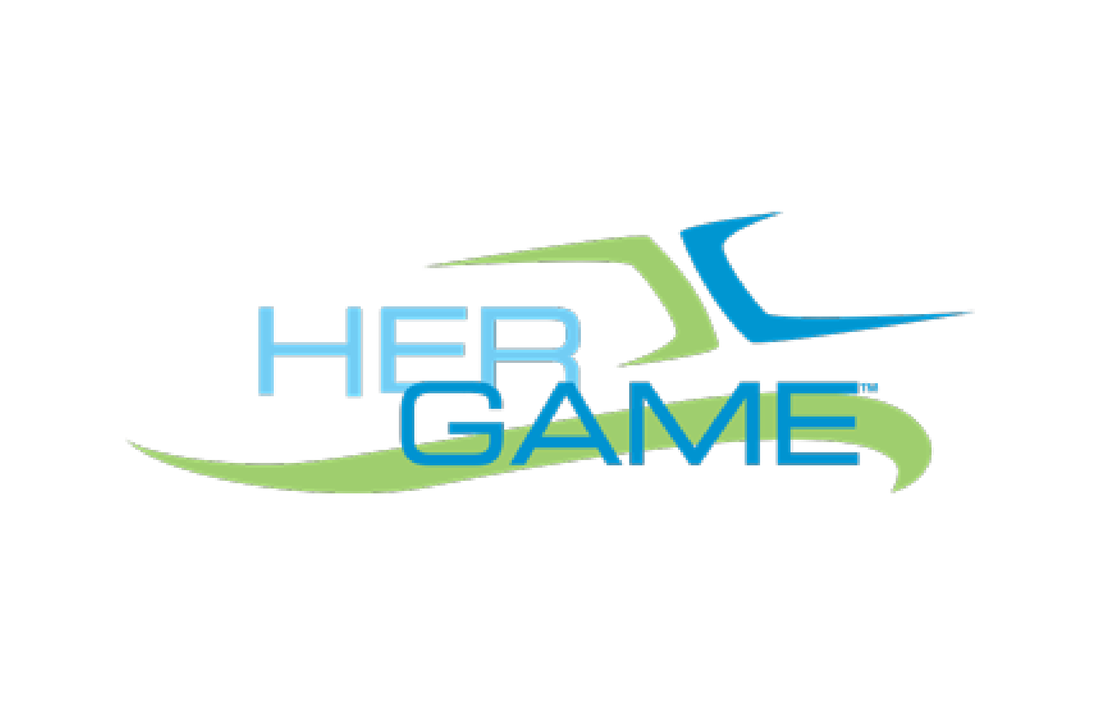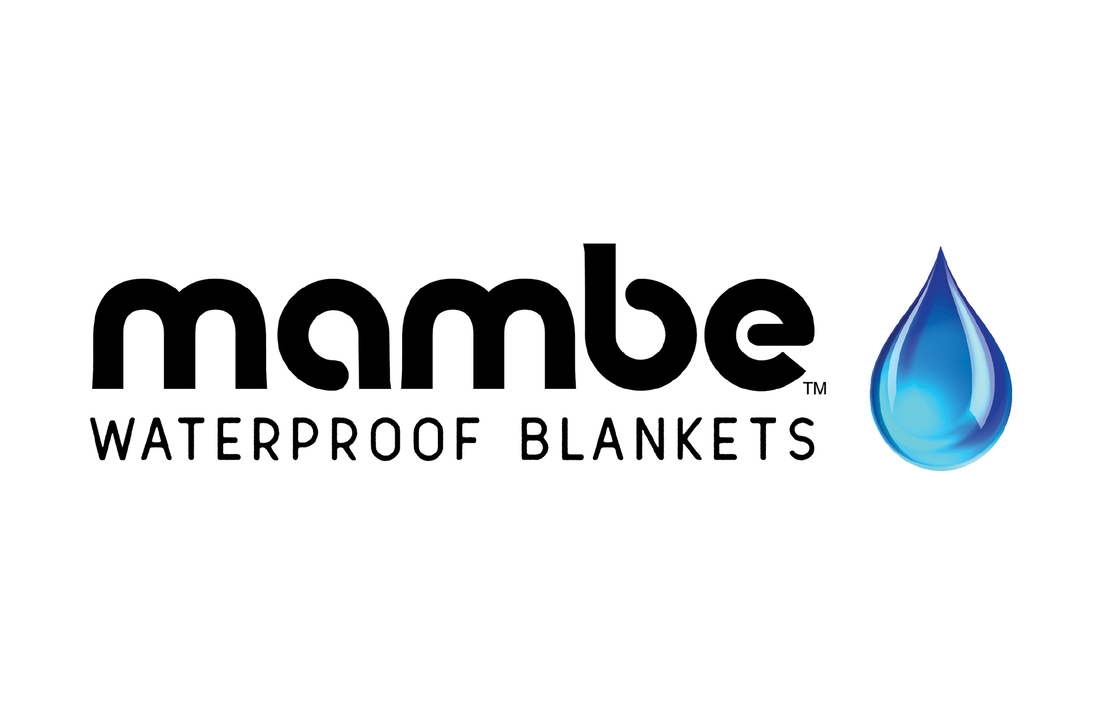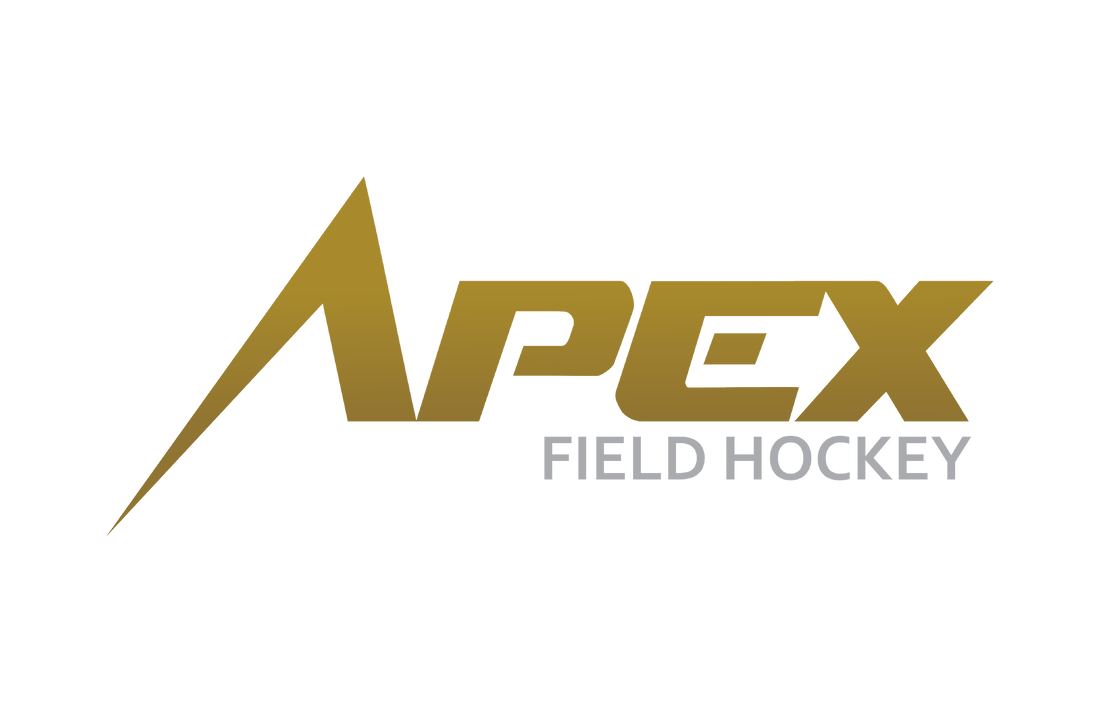FH College information you need to know!!!
|
Field hockey is a fast growing popular sport played in many colleges and universities in the United States. If you're interested in playing field hockey at the collegiate level, there are several things you should consider. Here is some information about college field hockey:
1. DIVISION LEVELS: College field hockey is divided into three divisions: Division I, Division II, and Division III. Division I is the highest level of competition and is usually made up of larger schools with well-funded athletic programs. Division II schools are smaller and may not offer as many scholarships as Division I schools. Division III schools do not offer athletic scholarships, but they do provide financial aid based on need and academic merit.
*Consulted source scholarshipstats.com
2. RECRUITING PROCESS: If you're interested in playing college field hockey, you should start by reaching out to coaches at schools that interest you. You can send them your athletic resume, game footage, and academic transcripts. Coaches may also come to watch you play at tournaments or camps. It's important to start the recruiting process early and keep in contact with coaches throughout your high school career. Here are some strategies to consider:
According to NCAA regulations coaches are not allowed to initiate contact with prospective student-athletes until after June 15th of your sophomore year where Athletes and coaches are allowed to communicate via phone, email, social media and other digital communication channels. You have to consider that after June 15th and until August 1st, there is a restrictive period, THE DEAD PERIOD. During the NCAA dead period, coaches are restricted from engaging in face-to-face interactions with student-athletes and their families. This means that coaches are not permitted to initiate conversations with recruits while they are on college campuses, attending school, participating in athletic camps, or even in casual settings such as the shopping mall. The NCAA does have regulations and guidelines regarding official and unofficial visits in the context of recruiting:
I. Verbal Commitment: A verbal commitment occurs when a student-athlete verbally agrees to play for a specific college or university. It is an informal agreement between the athlete and the college coach. This commitment is not binding, and both the athlete and the college can change their decision before signing the National Letter of Intent (NLI). Several factors can contribute to a verbal commitment being altered or revoked:
II. Signing Commitment: The signing commitment, also known as signing the National Letter of Intent (NLI), is a binding agreement between the student-athlete and the college or university. The NLI is a legal document that solidifies the athlete's commitment to the institution and guarantees a scholarship for a specific academic year. Once the NLI is signed, it is a binding contract, and both parties are obligated to honor the commitment. Different Scholarship offers: - Full Scholarship: Refers to a scholarship that covers the entire cost of education, including tuition fees, books, accommodation, and sometimes even additional expenses such as travel or living stipends. Here are some key points to understand about full athletic scholarship offers:
Here are some key points to understand about partial athletic scholarship offers:
Here are some key points to understand about recruited walk-on sport offers:
Here are some key points to understand about unrecruited walk-on sport offers:
4. SCHOLARSHIPS: Field hockey scholarships are available for talented student-athletes who wish to pursue their sport at the collegiate level in the United States. Scholarships can help cover the costs of tuition, fees, and other educational expenses. Here's some information about field hockey scholarships:
5. SEASON: College field hockey is typically played in the fall, with the regular season starting in August or September and playoffs taking place in November. Some schools may also have a spring season for field hockey. NCAA regulations set limitations on the number of hours student-athletes can engage in countable athletically related activities (CARA) in field hockey during the playing season. These limitations vary based on the division within the NCAA. Here are the general guidelines for field hockey practice hours per week:
6. BEHAVIOR AND NCAA COMPLIANCE: Athletes participating in NCAA-sanctioned sports, including field hockey, must adhere to the NCAA rules and regulations regarding behavior, amateurism, and eligibility. This includes maintaining academic eligibility, avoiding prohibited benefits, and conducting themselves in an ethical manner both on and off the field. Here are some key aspects of NCAA's behavioral guidelines for student-athletes:
|


